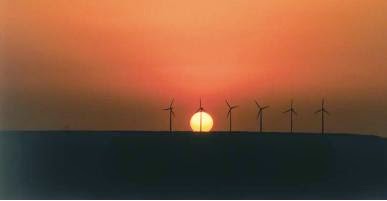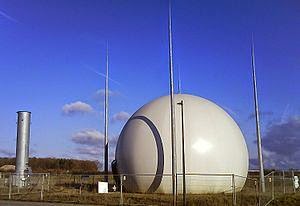US Renewable Energy Grows to 14% with Little Impact on End-user Prices

" According to the U.S. Energy Information Administration (EIA)'s latest "Electric Power Monthly" report, with data for the first six months of 2014, renewable energy sources (i.e., biomass, geothermal, hydropower, solar, wind) provided 14.3 percent of net U.S. electrical generation. Conventional hydropower accounted for 7.0 percent, while non-hydro renewables provided an even larger share at 7.3 percent. Overall, electrical generation from non-hydro renewable energy sources (i.e., biomass, geothermal, solar, wind) expanded by 10.4 percent compared to the first half of 2013, according to the EIA . " Renewable Energy World. This growth in US renewable energy largely occurs in state markets that use the residential portfolio system or green electricity quotas. These are implemented by green certificates as used in Poland, Sweden and the UK. The remarkable part about the growth is that it occurs during a period of uncertainly over the federal tax credit







